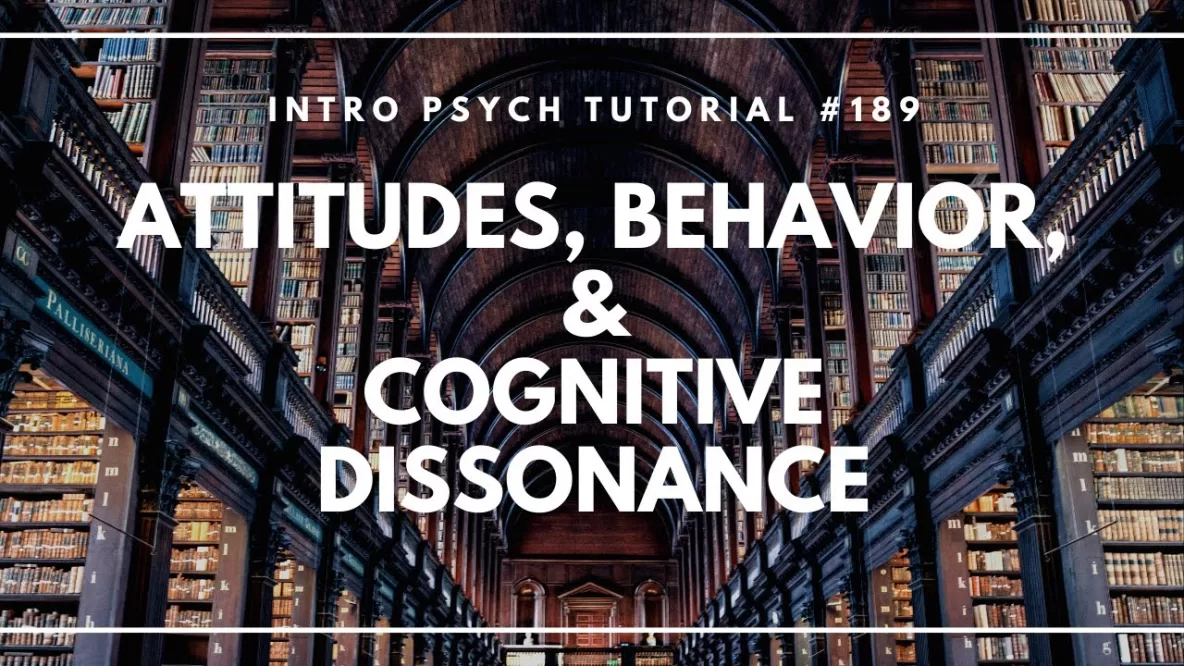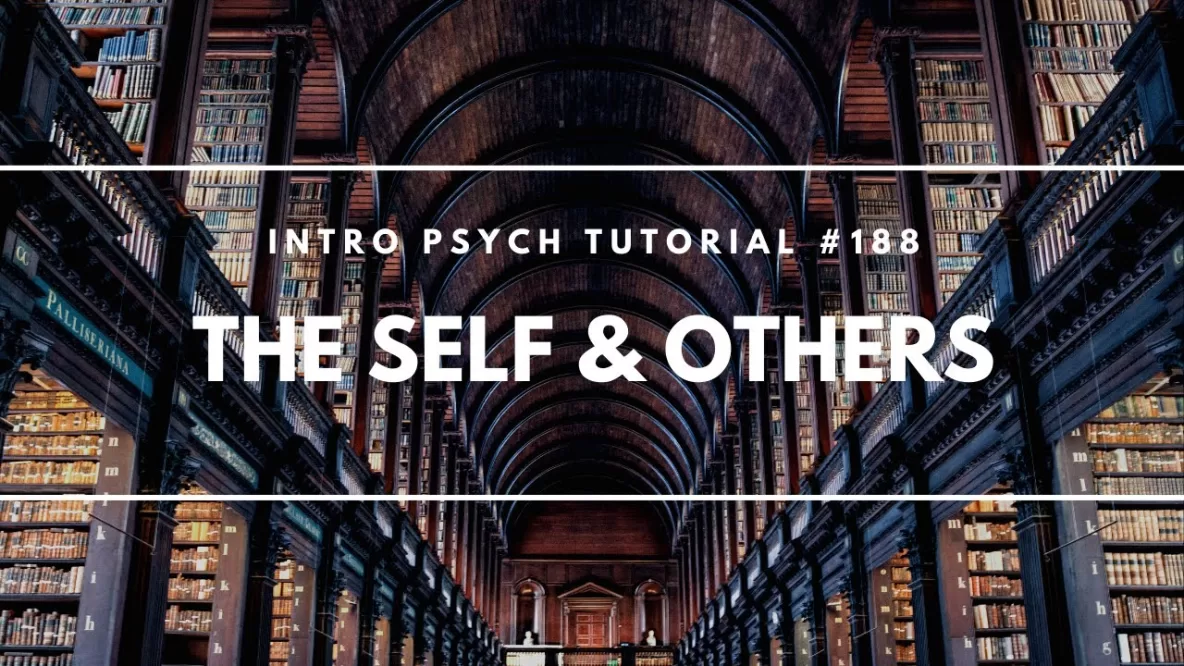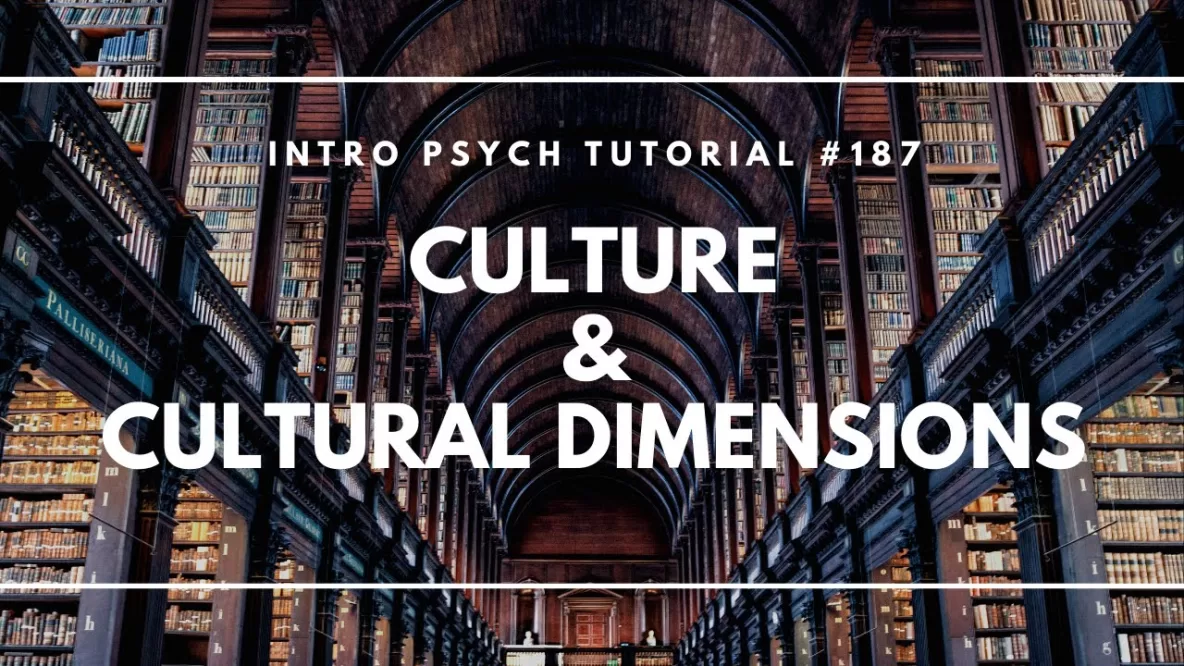In this video I discuss how we form impressions of others and how quickly and accurately we are able to form impressions. Thin slices theory suggests that we’re able to form impressions fairly quickly, though it’s unclear if these first … Read More
Situation, Disposition, & the Fundamental Attribution Error
In this video I consider how we explain the causes of events and behaviors and whether we focus on disposition or situation. The Fundamental Attribution Error suggests that we have a tendency to focus on dispositional explanations and ignore situational … Read More
Attractiveness
In this video I discuss attractiveness. I begin by discussing the halo effect; the idea that physically attractive people are often perceived as having other positive qualities such as being smarter or more outgoing. Next I consider which physical traits … Read More
Attraction & Relationship Formation
In this video I consider why we’re attracted to people and some of the factors that influence the relationships that we form. One major contributor is proximity, which refers to the fact that we tend to form relationships with people … Read More
Conformity
In this video I discuss how we can experience an indirect pressure to conform to the attitudes or behaviors of a group. I describe Muzafer Sherif’s early research using the autokinetic effect to demonstrate informational influence, followed by Solomon Asch’s … Read More
Attitudes, Behavior, & Cognitive Dissonance
In this video I discuss the relationship between attitudes and behavior, including Richard LaPiere’s early work on discriminatory practices and Festinger and Carlsmith’s classic study on cognitive dissonance. Cognitive dissonance refers to the discomfort caused by conflicting attitudes or behaviors, … Read More
The Self & Others
In this video I discuss how others influence the formation of our self–concept using the theories of social comparison theory and social identity theory. Social comparison theory, proposed by Leon Festinger, suggests that we necessarily look to the traits and … Read More
Culture & Cultural Dimensions
In this video I discuss how cultural dimensions can be used to think about the general differences between cultures and how culture may influence thought and behavior. I describe Geert Hofstede’s cultural dimensions, based on his research with IBM employees … Read More
Introduction to Social Psychology
In this video I introduce social psychology and the investigation of how groups, culture, and social context influence our thoughts, feelings, and behaviors. I differentiate social psychology from sociology, which generally looks at influence on broader groups rather than individuals. … Read More
Kohlberg’s Stages of Moral Development
In this video I describe Lawrence Kohlberg’s theory of moral development and its 3 main stages: preconventional, conventional, and postconventional. I also provide a description of the Heinz dilemma and how different responses might be categorized into the levels of … Read More










